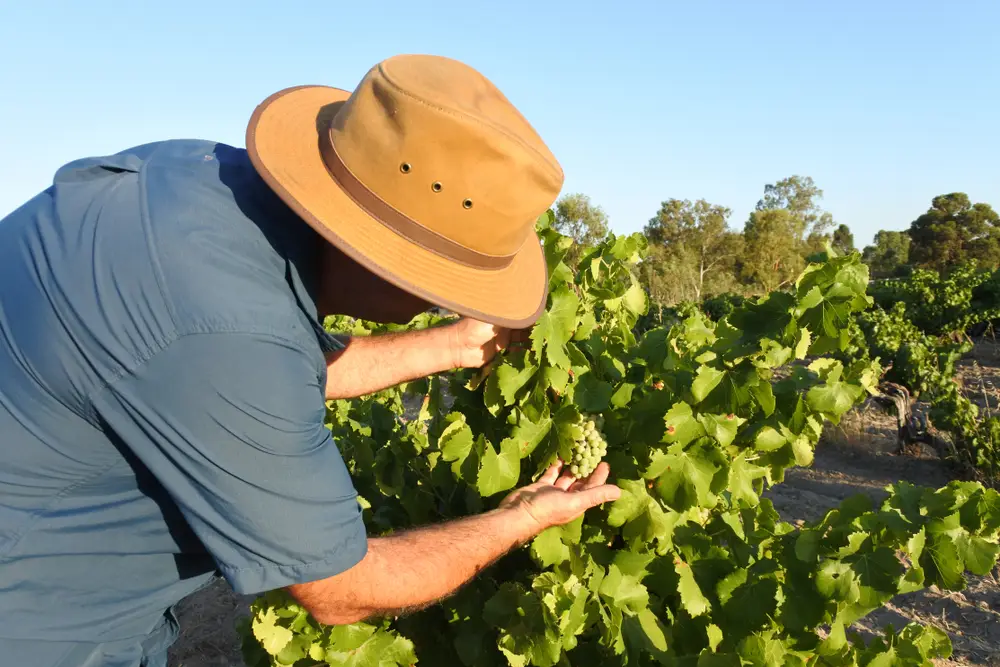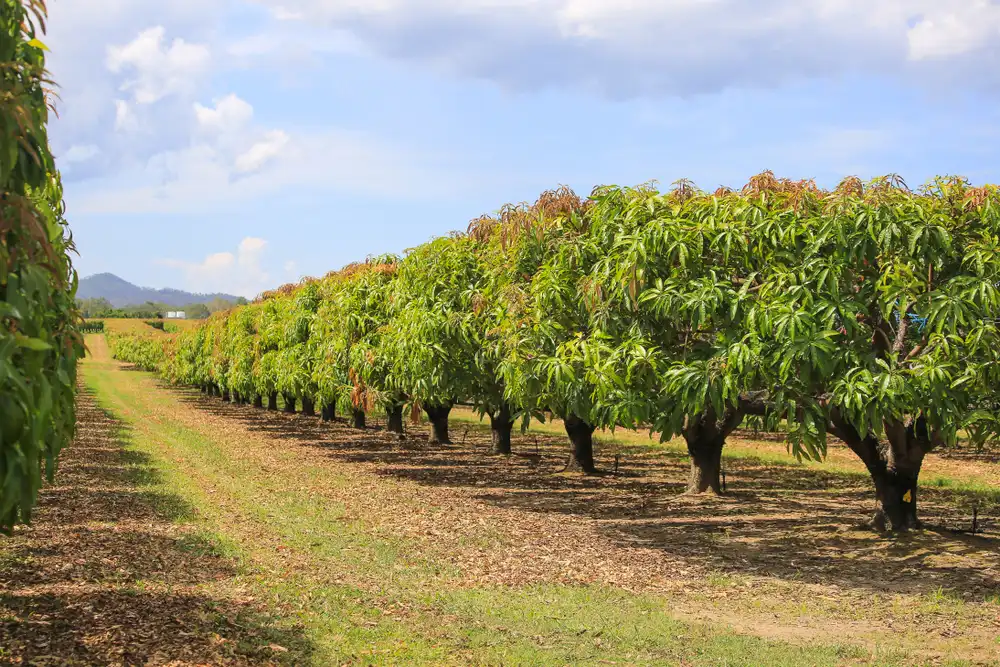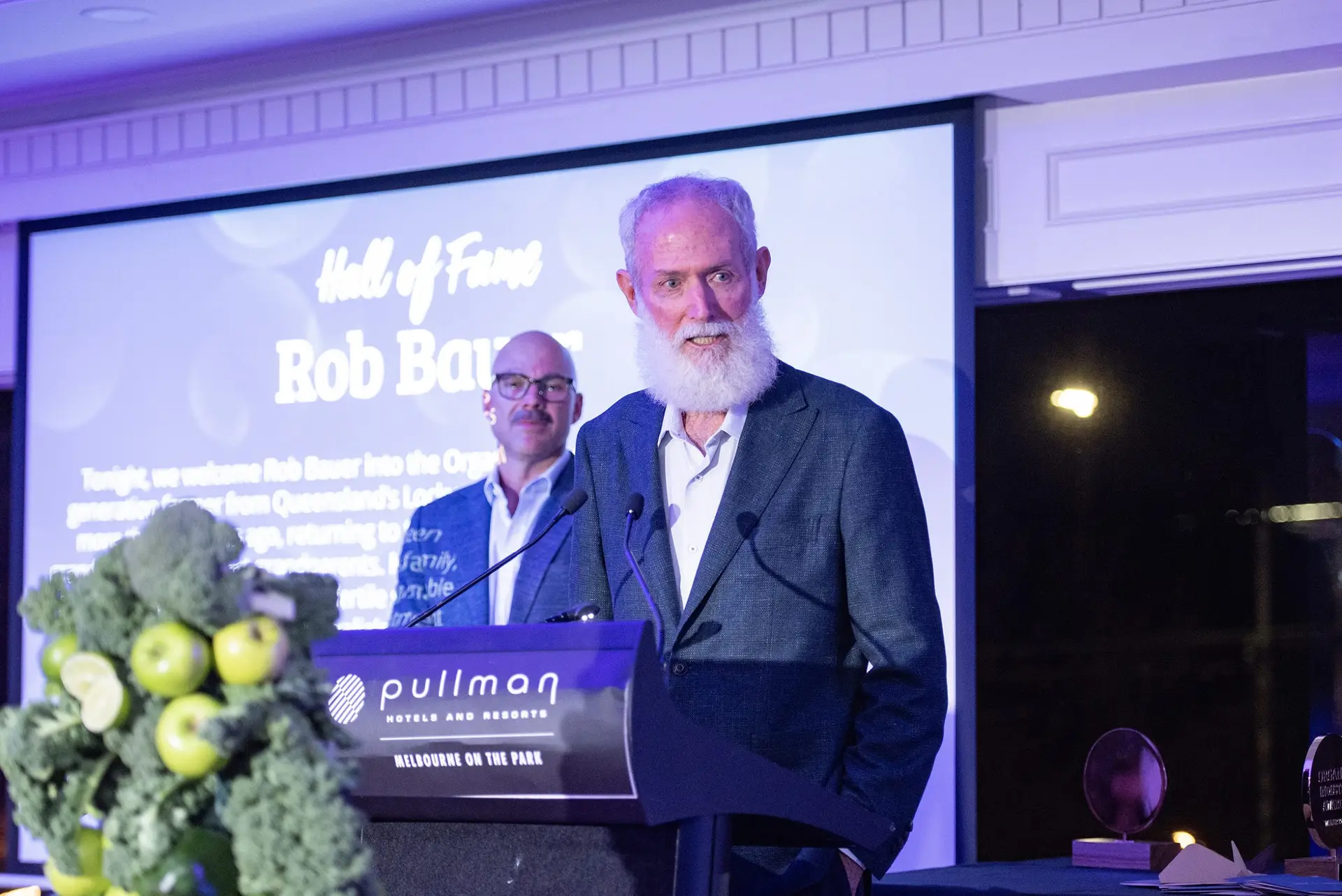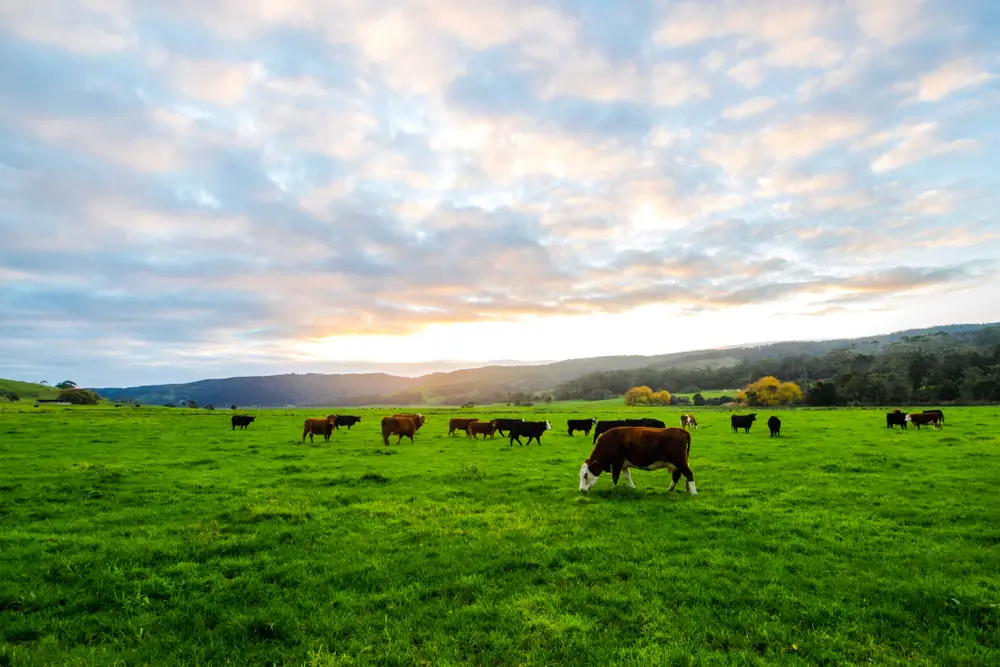The National Priority List of Exotic Environmental Pests, Weeds and Diseases was released today which delivers on a recommendation of the 2017 review of Australia’s biosecurity system.
Minister for Agriculture, Drought and Emergency Management David Littleproud, and Minister for the Environment, Sussan Ley said the list will be used to prioritise national actions to help prevent the entry, establishment and spread of exotic pests, weeds, and diseases.
“They pose a high risk to our environment and public spaces. Australia’s biosecurity system is there to protect the great outdoors and we are doing so to protect our way of life,” Minister Littleproud said.
“The Australian Government is always looking at ways to build a stronger environmental biosecurity system to protect our assets and support our nation’s economic prosperity and our national image.
“Species on the Priority List pose a serious risk to Australia’s environment, our Aboriginal and Torres Strait Islander heritage, the Australian tourism sector and many also impact on agricultural production.
“The Priority List was developed by experts from across the nation and agreed by state and territory governments. It provides a national level focus to raise awareness, guide surveillance activities, strengthen preparedness and response capabilities and inform research.
“Minister for the Environment Sussan Ley said the Priority List plays a key role in focusing prevention efforts to keep exotic pests out of the country.
“Prevention delivers the best outcomes, far more so than eradication, containment or asset protection,” Minister Ley said.
“We’ve seen the destruction caused by so many invasive pests over the years to our native species and farms, and, sadly, there are many other exotic threats that can cause even further damage.
“It is important to help people recognise the dangers and prevent new pests from entering or establishing in Australia.
“We can all play a role in reducing biosecurity risks and it can be as simple as reporting unusual plants or pests in our gardens, parklands and conservation areas.”
More information about the National Priority List of Exotic Environmental Pests, Weeds and Diseases can be found here: https://www.agriculture.gov.au/biosecurity/environmental/priority-list





